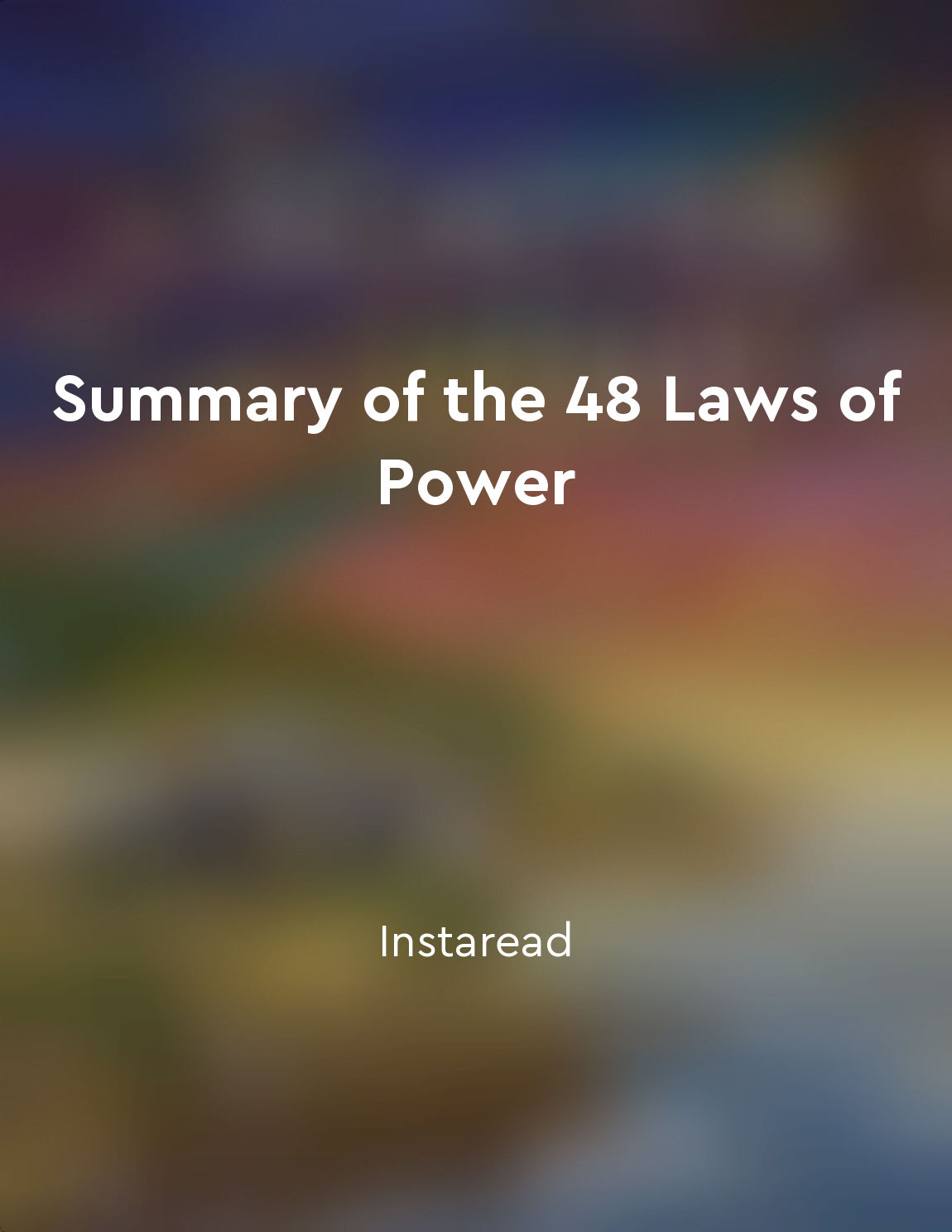Danes embrace the concept of "Janteloven" or the Law of Jante from "summary" of The Year of Living Danishly by Helen Russell
Janteloven, or the Law of Jante, is a concept deeply ingrained in Danish society. This unwritten code of conduct dictates that individuals should not think of themselves as better than others or stand out in any way. It promotes humility, modesty, and equality among people. The Law of Jante consists of ten rules that discourage individual achievement and ambition. These rules include admonitions against boasting, showing off, and pursuing personal success at the expense of others. Instead, the focus is on collective well-being and cooperation. This cultural norm can be both a source of comfort and constraint for Danes. On the one hand, it fosters a sense of community and social cohesion by discouraging competition and envy. People are encouraged to support one another and strive for common goals rather than individual glory. On the other hand, Janteloven can also stifle creativity, innovation, and personal growth. The fear of standing out or being criticized for ambition can lead to conformity and mediocrity. It may prevent individuals from pursuing their dreams or taking risks that could lead to personal fulfillment. Despite its drawbacks, many Danes value Janteloven for its emphasis on equality and solidarity. It is seen as a way to maintain social harmony and prevent hierarchies from forming. By adhering to these principles, Danes believe they can create a more inclusive and egalitarian society.- Janteloven reflects the Danish cultural values of humility, community, and fairness. It shapes the way people interact with one another and perceive success. Understanding and navigating this unwritten code is essential for anyone looking to integrate into Danish society and embrace its unique way of life.
Similar Posts

Law 31: Control the options – get others to play with the cards you deal
Law 31 is all about being in control of the options available to others, making sure that you are the one who sets the terms of...
Species adapt to survive in changing environments
In the ceaseless dance of life, no species can afford to stand still. Every living thing must keep moving, keep changing, keep ...
Keep others in a state of perpetual fear
To achieve and maintain power, you must keep those around you in a constant state of unease and uncertainty. By instilling fear...
Human potential is limitless and yet untapped
In the depths of every human being lies an untapped reservoir of potential waiting to be released. The vast capabilities that e...
Loss aversion affects decisionmaking
Loss aversion is a fundamental concept in behavioral economics that explains how people are more sensitive to losses than gains...
Human nature is influenced by genetics and environment
The behavior of man depends on his heredity and on the environment in which he lives. The characteristics of the species are tr...
Danish cuisine is characterized by simplicity and fresh, seasonal ingredients
Danish cuisine embodies a refreshing ethos of simplicity that reflects the Danish way of life. The emphasis is on using fresh, ...

Legal development mirrors societal change
The evolution of law is closely intertwined with the transformation of society. Legal systems do not exist in isolation; they a...

